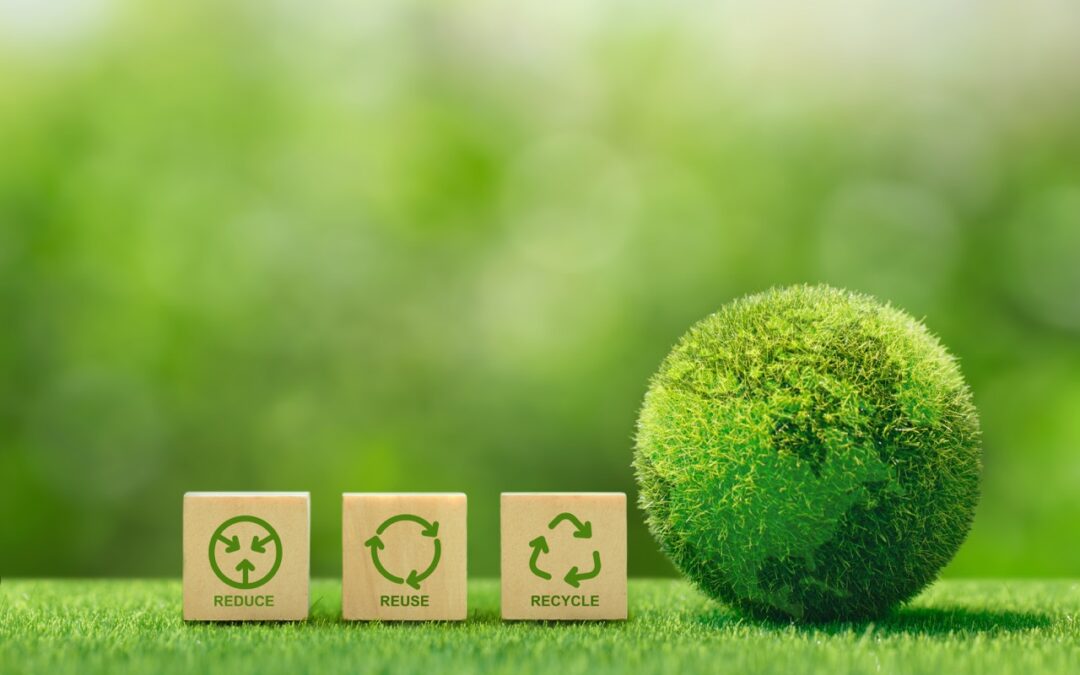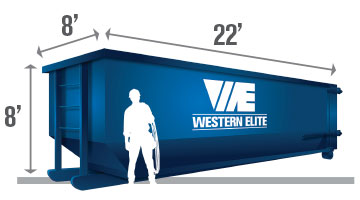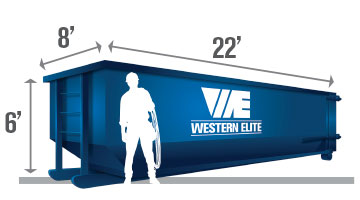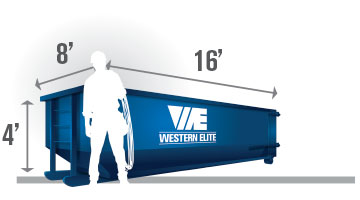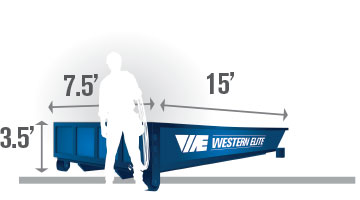Are you renovating or building new and looking for ways to reduce construction waste? Discover some valuable tips on how to keep job sites both green and cost-effective. Whether it’s choosing alternative materials over conventional ones, or taking steps towards recycling elements from a building designed years ago that can’t be repurposed anymore – the strategies for reducing residential and commercial construction waste are immense.
First – Know What Type of Waste You’re Producing
Before you can work towards reducing your waste output, you have to know what kind of waste you’re generating.
Construction projects generate a significant amount of waste, which can harm the environment. Understanding your construction waste output can help you identify areas where it can be reduced. By tracking and documenting the types of waste you produce during the project, you can develop a recycling plan and conserve materials.
Why It’s Important to Reduce Construction Waste
Recycling construction materials can help reduce greenhouse gas emissions, conserve natural resources, and save money. Additionally, by implementing sustainable practices, you can improve your company’s reputation and attract environmentally conscious clients. So, let’s take a step towards creating a sustainable future by understanding our construction waste output and implementing recycling practices.
Second – Choose Alternative Building Materials to Offset Waste Production
With sustainability becoming an increasingly important consideration in the construction industry, alternative building materials are gaining popularity. From bamboo and straw bales to hempcrete and recycled plastic, there are numerous options available that generate less waste during the construction process.
Examples of Alternative Construction Materials
One alternative common in Nevada is artificial turf, which not only reduces the need for water and maintenance but also eliminates the waste generated from mowing and trimming natural grass. Another option is alternative insulation, such as cellulose or recycled denim, which not only provides effective insulation but also reduces waste by utilizing recycled materials. By choosing these alternative materials, both residential and commercial construction can move towards a more environmentally friendly future. Consider the following as other options when building new or renovating:
- Compressed Earth Blocks: These blocks are made from soil and a small amount of cement, making them an eco-friendly alternative to traditional concrete blocks.
- Green Roofs: Green roofs are roofs that are covered with vegetation, which insulates the building and helps reduce energy consumption.
- Rainwater Harvesting Systems: Collecting and storing rainwater for use in the home helps reduce water usage and protect against water shortages.
- Porous Pavers: These pavers are designed to allow water to permeate through, helping to prevent flooding and reduce runoff.
- Wood Alternative Decking: Composite decking materials are made from recycled plastic and wood fibers, making them an eco-friendly alternative to traditional wood decks.
- Living Walls: Vertical gardens are becoming more popular and can be used to create a beautiful, living wall that requires minimal maintenance.
- Permeable Paving: This type of paving allows water to pass through it, reducing runoff and improving soil hydration.
- Solar Panels: Installing solar panels can reduce your dependence on electricity from the grid and help you save money in the long term.
Reuse Materials Whenever Possible
There are plenty of reuse centers where you can find affordable building materials. Moreover, you can donate your extra building materials to local organizations or charities that can make good use of them. Not only can reusing materials save you money, but it can also help you feel good about doing your part to help the environment.
Sustainable practices are becoming more popular, so start implementing them today to improve your reputation and help create a more sustainable future.
Energy-EfficientFinishing Touches
In addition to the mentioned alternative construction materials, consider investing in energy-efficient appliances and equipment such as solar water heaters, LED lighting systems, dual flush toilets, low-flow fixtures, and programmable thermostats. These types of investments will not only reduce your environmental footprint but also help you save money in the long run.
As a builder, consider investing in green certifications such as LEED or Green Globes. These certifications show that a structure has been designed with sustainability and energy efficiency in mind, which can be attractive to potential clients and investors.
Third – Implement an Onsite Recycling Program
Having designated dumpsters or bins for collecting waste materials and recyclables onsite can go a long way in your efforts to be more sustainable. Western Elite dumpsters try to make this job easier by accepting construction material and sorting it at our facility after pickup.
By having bins labeled for specific materials, like wood, metal, and plastic at your site, it becomes easier for everyone to get in the habit of separating recyclable items from non-recyclable waste. The addition of a miscellaneous bin also ensures that materials that may not fit into the other categories still have a designated place for collection. With the help of a well-structured recycling program, we can all do our part to protect the planet and preserve it for future generations.
Learn More with Western Elite
Each step taken towards taming our construction waste is beneficial both to the environment and your project budget. Common practices like alternative materials, proper sorting of refuse, individual responsibility over disposal techniques, thoughtful demolition processes, and the utilization of recycling services — such as those from Western Elite — can reduce harmful output and save costs associated with transportation and waste removal.
Taking a proactive approach to reducing construction waste not only helps you protect the environment; it also sets a positive example for other businesses and communities. It is up to us as individuals to recognize our impact on the earth and make a difference today.

